Apricot, also known as “Ansu Apricot” in Chinese, is a luscious and versatile fruit that has been enjoyed for centuries in China and around the world. With its sweet and tangy flavor, as well as its vibrant orange color, apricot is not only a delicious treat but also packs a powerful nutritional punch. Let’s explore the fascinating world of apricot fruit in Chinese culture and cuisine.
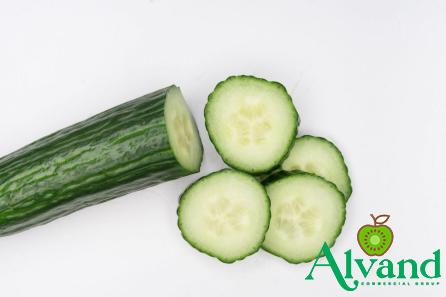
.
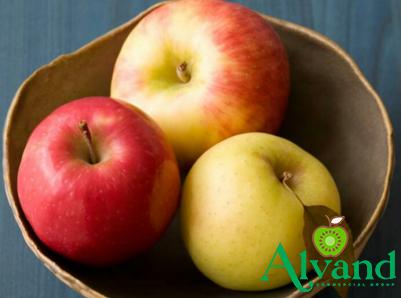 In China, apricots are highly revered not just for their delightful taste, but also for their health benefits and symbolism. Apricots are believed to bring good luck and prosperity, making them a popular gift during Chinese New Year and other auspicious occasions. The fruit is often associated with longevity and beauty in traditional Chinese culture, and is used in various rituals and ceremonies. One of the most popular ways to enjoy apricot in Chinese cuisine is through dried apricot snacks. Dried apricots are a convenient and delicious snack that can be enjoyed on their own or used in cooking and baking. They are a rich source of dietary fiber, antioxidants, and essential vitamins and minerals, making them a nutritious choice for snacking. In addition to dried apricots, fresh apricots are also widely enjoyed in Chinese cuisine. Whether eaten raw, cooked, or dried, apricots can be incorporated into a variety of dishes, from savory stir-fries to sweet desserts. One popular Chinese dish featuring apricots is a tangy apricot sauce that is used as a glaze for meats or as a dipping sauce for dumplings.
In China, apricots are highly revered not just for their delightful taste, but also for their health benefits and symbolism. Apricots are believed to bring good luck and prosperity, making them a popular gift during Chinese New Year and other auspicious occasions. The fruit is often associated with longevity and beauty in traditional Chinese culture, and is used in various rituals and ceremonies. One of the most popular ways to enjoy apricot in Chinese cuisine is through dried apricot snacks. Dried apricots are a convenient and delicious snack that can be enjoyed on their own or used in cooking and baking. They are a rich source of dietary fiber, antioxidants, and essential vitamins and minerals, making them a nutritious choice for snacking. In addition to dried apricots, fresh apricots are also widely enjoyed in Chinese cuisine. Whether eaten raw, cooked, or dried, apricots can be incorporated into a variety of dishes, from savory stir-fries to sweet desserts. One popular Chinese dish featuring apricots is a tangy apricot sauce that is used as a glaze for meats or as a dipping sauce for dumplings.
..
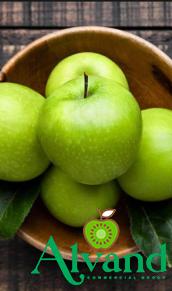 Apart from being a versatile ingredient in cooking, apricots are also valued for their medicinal properties in traditional Chinese medicine. Apricots are believed to have cooling and moisturizing effects on the body, making them especially beneficial for relieving symptoms of dryness and heat-related conditions. Apricot kernels, the seeds found inside the fruit’s pit, are used in Chinese herbal medicine for their potential anti-inflammatory and pain-relieving properties. When selecting apricots for consumption, it is important to choose fruits that are ripe and fragrant, with a deep orange color and a slight softness to the touch. Ripe apricots will have a sweet aroma and a juicy texture, making them perfect for eating fresh or incorporating into dishes. In conclusion, apricot fruit holds a special place in Chinese culture and cuisine, valued for its delightful taste, health benefits, and symbolic significance. Whether enjoyed fresh, dried, or cooked, apricots bring a burst of flavor and nutrition to a wide range of dishes. Consider adding apricots to your diet to experience the many joys and benefits this beloved fruit has to offer. The versatility of apricots extends beyond the realm of food and medicine. In Chinese culture, apricot blossoms are also highly esteemed for their beauty and symbolism. The delicate pink and white flowers of the apricot tree bloom in early spring, heralding the arrival of a new season and symbolizing renewal and new beginnings. In traditional Chinese art and literature, apricot blossoms are often depicted as a symbol of love, purity, and resilience. The beauty of the blossoms is celebrated in poetry, paintings, and other artistic expressions, capturing the essence of springtime and the fleeting nature of life. In Chinese folklore, apricot trees are believed to possess magical properties and are associated with the realm of immortality.
Apart from being a versatile ingredient in cooking, apricots are also valued for their medicinal properties in traditional Chinese medicine. Apricots are believed to have cooling and moisturizing effects on the body, making them especially beneficial for relieving symptoms of dryness and heat-related conditions. Apricot kernels, the seeds found inside the fruit’s pit, are used in Chinese herbal medicine for their potential anti-inflammatory and pain-relieving properties. When selecting apricots for consumption, it is important to choose fruits that are ripe and fragrant, with a deep orange color and a slight softness to the touch. Ripe apricots will have a sweet aroma and a juicy texture, making them perfect for eating fresh or incorporating into dishes. In conclusion, apricot fruit holds a special place in Chinese culture and cuisine, valued for its delightful taste, health benefits, and symbolic significance. Whether enjoyed fresh, dried, or cooked, apricots bring a burst of flavor and nutrition to a wide range of dishes. Consider adding apricots to your diet to experience the many joys and benefits this beloved fruit has to offer. The versatility of apricots extends beyond the realm of food and medicine. In Chinese culture, apricot blossoms are also highly esteemed for their beauty and symbolism. The delicate pink and white flowers of the apricot tree bloom in early spring, heralding the arrival of a new season and symbolizing renewal and new beginnings. In traditional Chinese art and literature, apricot blossoms are often depicted as a symbol of love, purity, and resilience. The beauty of the blossoms is celebrated in poetry, paintings, and other artistic expressions, capturing the essence of springtime and the fleeting nature of life. In Chinese folklore, apricot trees are believed to possess magical properties and are associated with the realm of immortality.
…
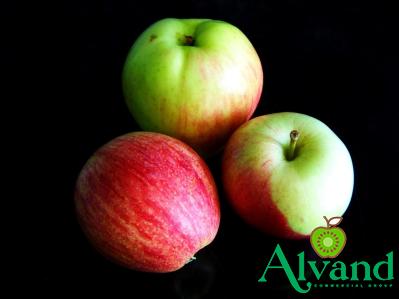 Legend has it that the goddess Xi Wangmu, the Queen Mother of the West, resides in an apricot grove in the mystical Kunlun Mountains. The apricot tree is said to bear fruit once every 3,000 years, with each fruit granting eternal youth to those who partake of it. Apricots also play a significant role in Chinese wedding customs and traditions. As a symbol of longevity and happiness, apricots are often included in wedding ceremonies and decorations. Couples may exchange apricot-themed gifts or incorporate apricot motifs into their wedding attire to bring blessings of prosperity and good fortune to their union. Beyond their cultural and symbolic significance, apricots continue to be a beloved fruit in Chinese households and kitchens. Whether enjoyed fresh, dried, or cooked, apricots offer a delightful burst of flavor and nutrition that is sure to please the palate and nourish the body. In summary, apricot fruit holds a special place in Chinese culture and cuisine, cherished for its taste, health benefits, and symbolic meanings. From its role in traditional medicine to its presence in art and folklore, the apricot is a fruit that embodies beauty, resilience, and the promise of new beginnings. Incorporate apricots into your diet and decor to experience the rich tapestry of flavors and traditions that this beloved fruit has to offer.
Legend has it that the goddess Xi Wangmu, the Queen Mother of the West, resides in an apricot grove in the mystical Kunlun Mountains. The apricot tree is said to bear fruit once every 3,000 years, with each fruit granting eternal youth to those who partake of it. Apricots also play a significant role in Chinese wedding customs and traditions. As a symbol of longevity and happiness, apricots are often included in wedding ceremonies and decorations. Couples may exchange apricot-themed gifts or incorporate apricot motifs into their wedding attire to bring blessings of prosperity and good fortune to their union. Beyond their cultural and symbolic significance, apricots continue to be a beloved fruit in Chinese households and kitchens. Whether enjoyed fresh, dried, or cooked, apricots offer a delightful burst of flavor and nutrition that is sure to please the palate and nourish the body. In summary, apricot fruit holds a special place in Chinese culture and cuisine, cherished for its taste, health benefits, and symbolic meanings. From its role in traditional medicine to its presence in art and folklore, the apricot is a fruit that embodies beauty, resilience, and the promise of new beginnings. Incorporate apricots into your diet and decor to experience the rich tapestry of flavors and traditions that this beloved fruit has to offer.
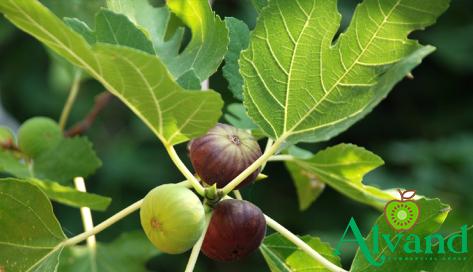
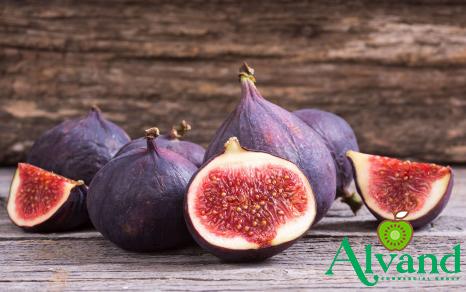
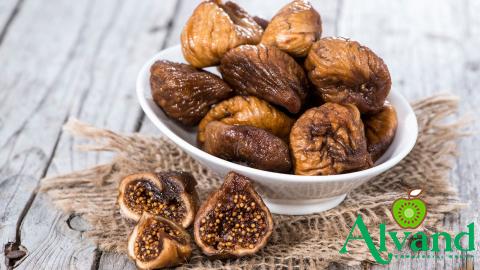
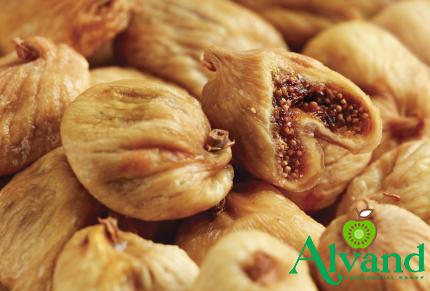
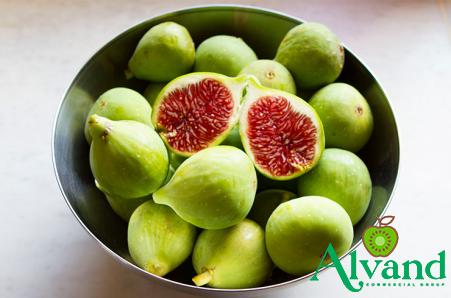
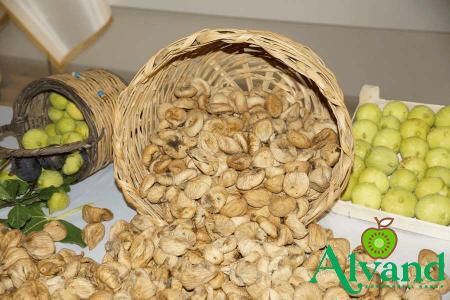
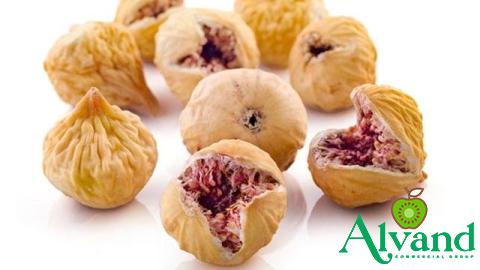
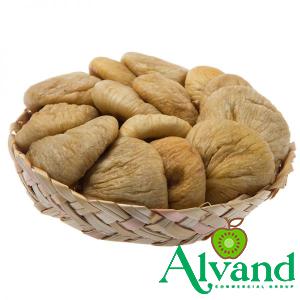
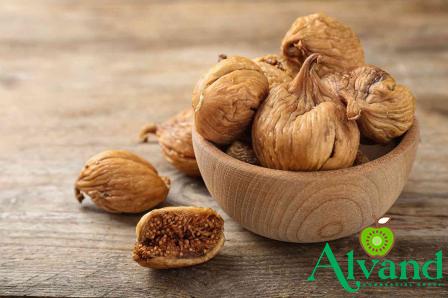
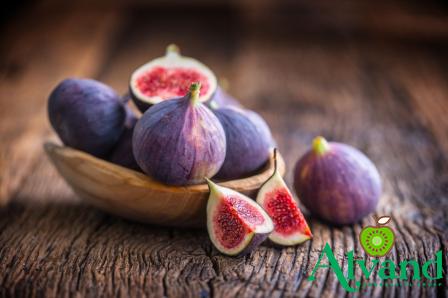
Your comment submitted.